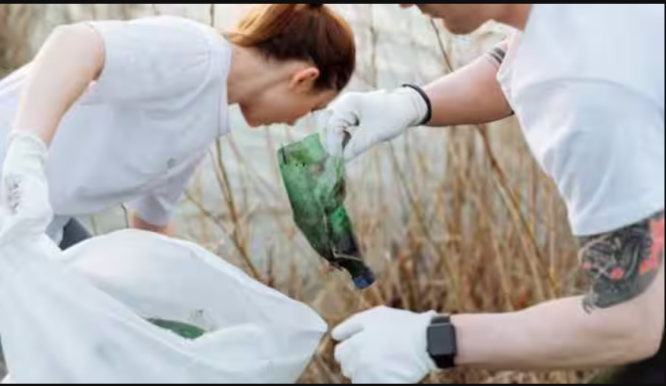Volunteering Reduces Childhood Anxiety, Depression 2023

A UTHealth Houston research revealed that volunteering helps adolescents and teens psychologically and physically. Kevin Lanza, Ph.D., assistant professor of epidemiology, human genetics, and environmental sciences at UTHealth Houston School of Public Health, led the JAMA Network Open study.
The research team discovered that kids who had volunteered in the prior year were healthier, happier, and less likely to have anxiety, depression, or behavioral issues than their counterparts who had not.
“These study results bring optimism that youth volunteering could be a win-win, where youth are serving society to their own benefit,” said Austin-based Lanza. “Further, youths may be joined by household members and others while volunteering, strengthening social bonds while building community.”
Volunteering improves the health and well-being of adults, and two small studies have found that young volunteers may be healthier and more interested in school than their peers. Lanza launched the study since the impact of volunteering on youngsters was unclear.

The research team discovered that kids who had volunteered in the last year were healthier and more optimistic.
Lanza’s team reviewed parent-reported data from a long-running nationwide survey tracking the health and well-being of U.S. children and teenagers, concentrating on over 52,000 children and teens ages 6-17 who were polled from 2019-2020. One-third of youngsters and half of teenagers volunteered in the last year.
Volunteering parents were 33% more likely to think their child was in “very good” or “excellent” health than non-volunteers. Those parents were 18%–35% less likely to claim their kid experienced sadness, anxiety, or behavioral issues in the prior year.
Volunteering made children and teenagers 66% more likely to be “flourishing”—defined by parents’ responses to questions regarding their kids’ interest, desire to finish chores, and capacity to keep cool in difficult situations.
Parent-reported data may skew the research. The study did not address whether healthy, flourishing youngsters were more likely to volunteer, researchers added. Lanza wants to study how volunteering affects youngsters’ health and well-being.
“There is a wealth of volunteering options for youth in different settings, parks, schools, hospitals – and with different purposes, such as environmental conservation or health promotion,” he said. “Volunteer experiences may help shape values and interests in youth that track into adulthood.”
